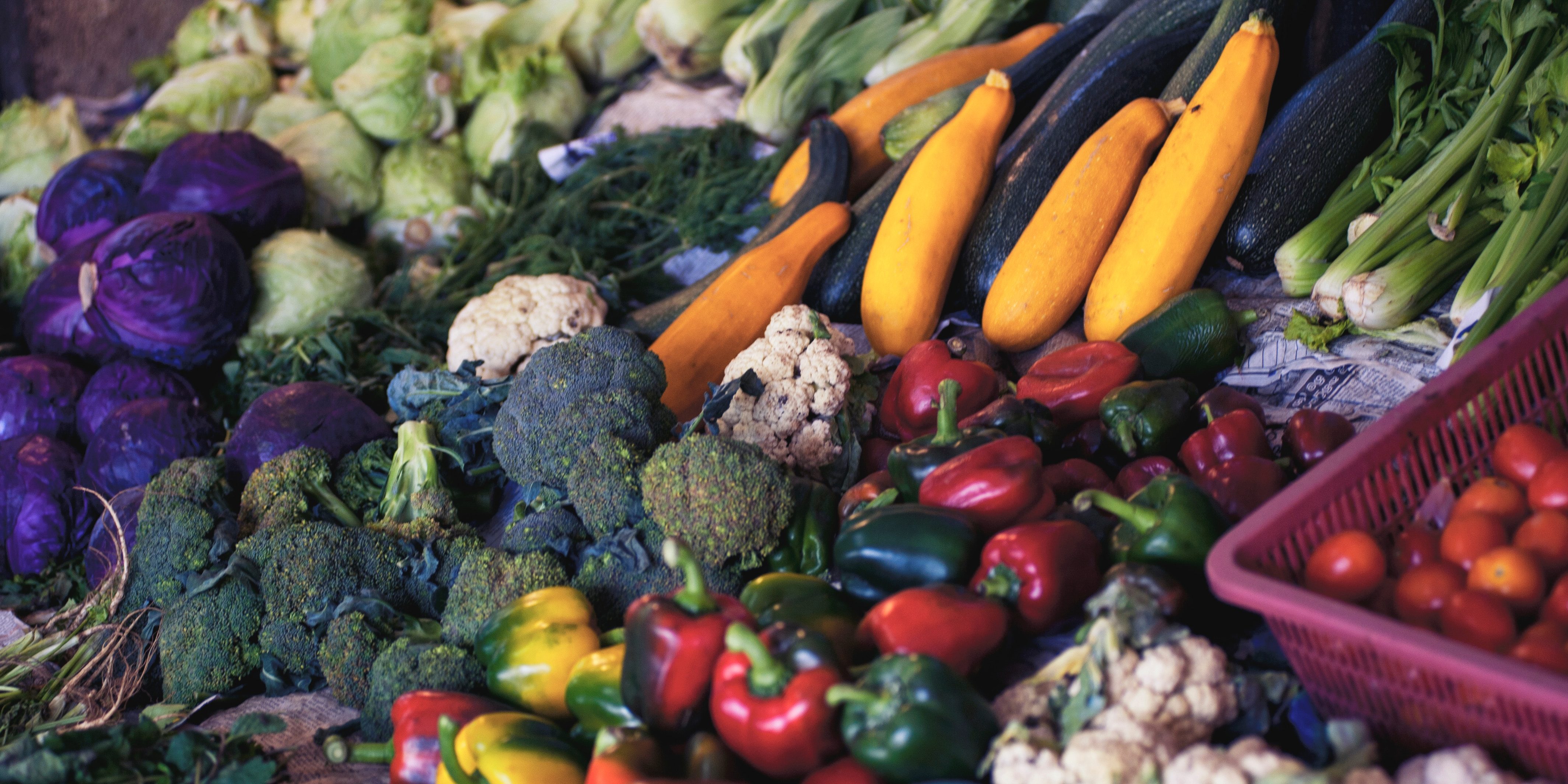 Colon cancer is one of the leading causes of death in the United States. However studies suggest that what you eat can affect your chances of surviving colon cancer. Researchers have looked at the impact of specific nutrients and their impact on the likelihood of recurrence in people with colon cancer.
Colon cancer is one of the leading causes of death in the United States. However studies suggest that what you eat can affect your chances of surviving colon cancer. Researchers have looked at the impact of specific nutrients and their impact on the likelihood of recurrence in people with colon cancer.
In this study published in The Journal of the National Cancer Institute, researchers noted that Stage 3 colon cancer patients with a typical five-year survival rate of about 50 to 65 percent, had an 80 percent greater chance of dying or recurrence (during the seven year study period) when they consumed a diet high in carbohydrates and foods with high glycemic loads than those who had the lowest levels. Glycemic load is a measure of the extent to which a serving of food will raise blood sugar.
Based on their findings researchers believe that blood sugar and insulin levels, which are affected by carbohydrate intake, may play a critical role in the recurrence of colon cancer. In other research studies habitually high insulin levels were linked to cancer recurrence and mortality, and people with a history of Type 2 diabetes were also found to have an increased risk of developing colon cancer. The theory behind insulin and its connection with colon cancer is that it may fuel the growth of cancer cells and prevent cell death in cancer cells that have spread.
In a separate study published in The Journal of the American Medical Association, 1,000 Stage 3 colon cancer patients were followed and it was found that those who ate a diet consisting of a high intake of meat, fat, refined grains and sugary desserts “had a threefold increase in recurrence and death from the disease” compared with those who ate a healthier diet with higher intakes of vegetables, fruits and whole grains. These results reinforced the idea that glycemic load and total carbohydrate intake are good predictors of cancer recurrence and mortality and showed that this link was strongest in people who were overweight or obese.
Diet is extremely important to colon cancer survival, however, that does not mean that all carbs are bad and you should never eat sugar. Different carbs and sugars cause different responses in the body. According to Mather Hospital Registered Dietician Melanie Boehmer, MS, RD, CISSN, it’s important to eat a variety of foods. “The more variety in your diet, the less chance there is of attracting diseases. The focus should be on whole, natural foods. Eat fruits, vegetables and whole grains. Choose healthy fats – omega 3s – eat lean meats and poultry, and choose low-fat dairy. These foods provide antioxidants and phytochemicals, protecting against cell damage and tumor growth,” said Boehmer.

